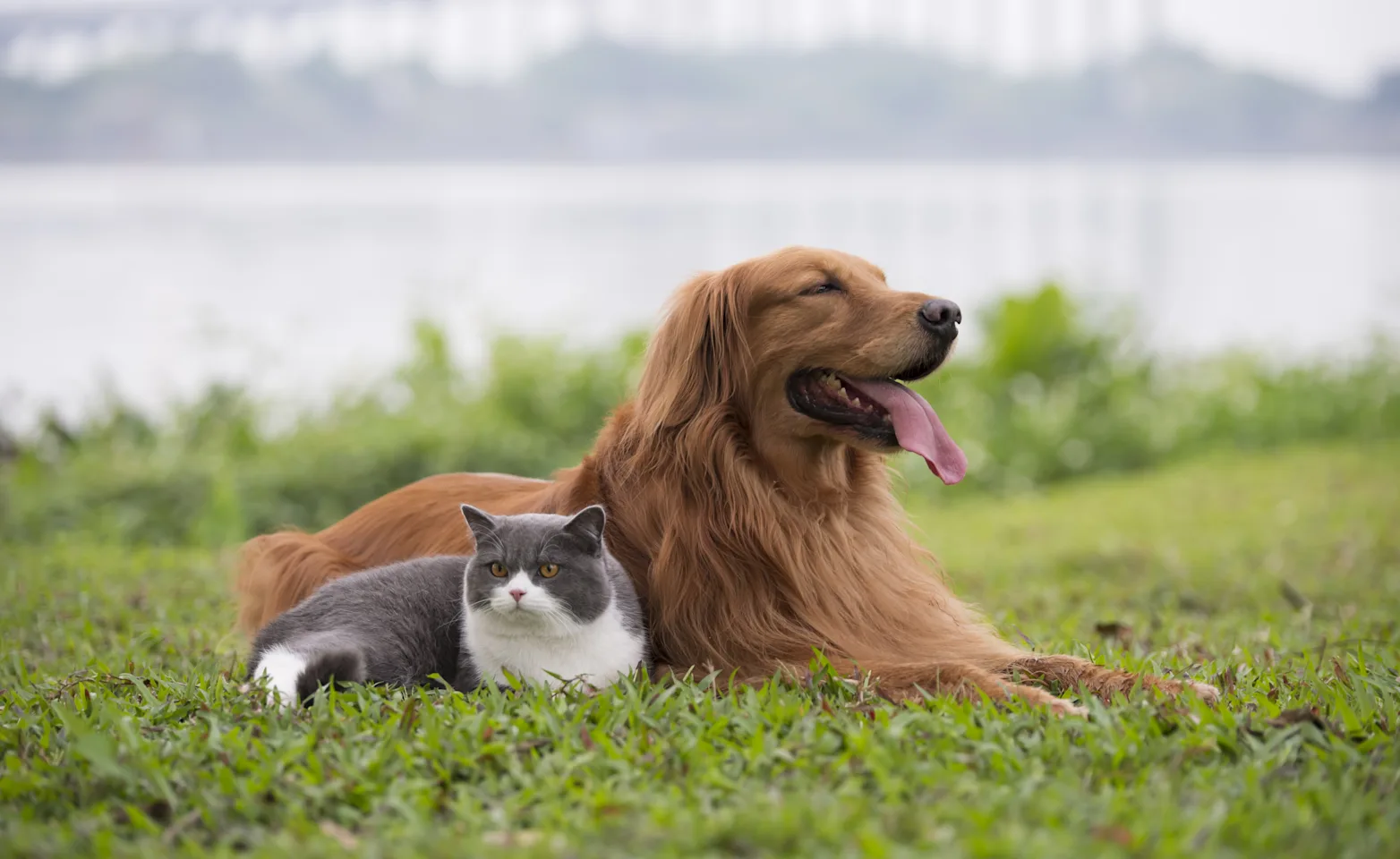Animal Medical Center of Seattle




We’re here to help, 24/7/365.
Animal Medical Center of Seattle (AMCS) is a leading Emergency, Critical Care, Urgent Care, and Specialty Veterinary Hospital in Shoreline, WA, proudly serving the Seattle area since 2009. Our 24/7 emergency department and advanced specialty veterinary services ensure your pet receives the highest level of care when it matters most.
Our team of Veterinary Specialists collaborates closely with your primary veterinarian to provide tailored, expert treatment. Supported by compassionate veterinary technicians, assistants, and receptionists, we deliver exceptional care with your pet’s well-being as our top priority. Trust AMCS to be here for you and your pet every step of the way.
